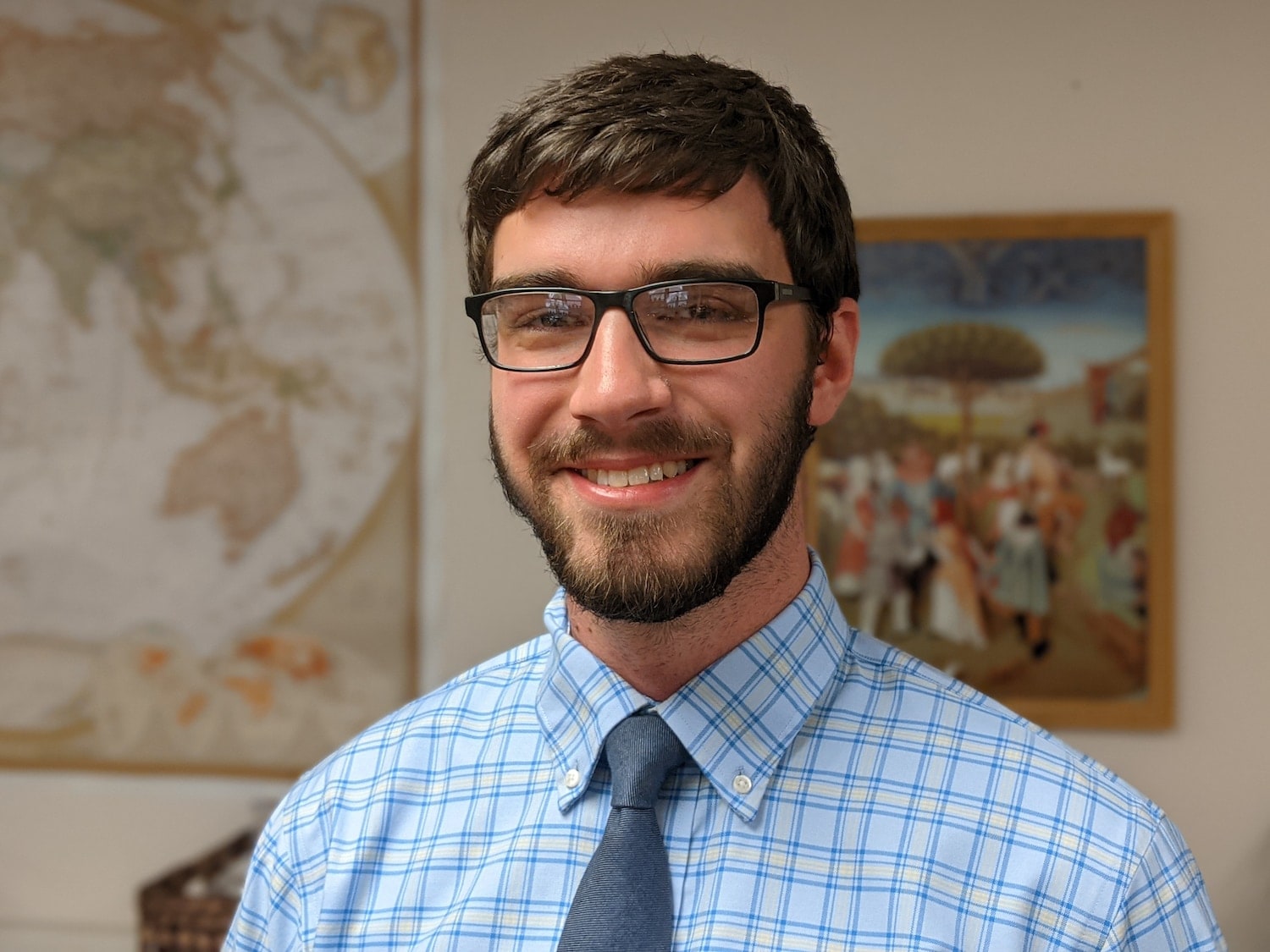When you hear people talk about the “quadrivium,” they are referring to four mathematical arts that are commonly grouped together by people interested in classical education. If you haven’t heard of them before, here they are: arithmetic, geometry, music, and astronomy. Teachers interested in classical mathematics are rightfully obsessed with these four mathematical arts, because they comprise the majority of historical Western mathematics. One historical giant we can thank for our access to this historical math is a man by the name of Anicius Boethius, a Christian philosopher and mathematician who lived in fifth-century Europe. He was the one who first organized the quadrivium by that name, and if it wasn’t for him, the western world might not have ever developed the mathematics we have today.
At the time of Boethius, access to classical Greek math books was limited to a couple below-average Latin translations done by the Arabs. That meant that Europe (and the entire Western world) was starved of solid, truth-seeking mathematics. Before you can appreciate just how important Boethius’ work was, you need to understand what math was lost in the West to begin with, and why it was lost.
In classical Greece, before Rome rose to power, math was seen as a way to discover central truths about nature. Greek mathematicians saw patterns in the way the world worked and recognized beautiful things as good things. They worked almost obsessively at digging deeper into that beauty, writing volumes of mathematical proofs and making mathematical accomplishments beyond anything earlier civilizations would have ever dreamed.
With the decline of Greece and the rise of Rome, mathematics took a turn for the worse. The pragmatic-minded Romans had a significantly lower view of math; they cared little for the high, philosophical math of the Greeks, valuing math only insofar as it was useful in measuring and counting. On top of that, the world-famous library in Alexandria had burned, taking with it countless invaluable Greek math texts. There are many of those works that are still lost to this day.
But not all was lost! As the Greek civilization declined, many Greek mathematicians had moved to Persia, which became part of the Arab world. Various repositories that housed old Greek math books were also captured by the Arabs. Through these, what remained of Greek math was preserved, and to some extent, studied. But like the Romans, the Arabs didn’t care much for math if it wasn’t immediately practical; and although they did make important developments in math, it wasn’t because they were interested in seeking truth. Still, they did preserve the Greek math texts, and in time, those books were recirculated back throughout the Western world.
That’s where Boethius comes in. Thanks to the Arabs, Boethius did still have access to math classics in the original Greek. And unlike the Romans and the Arabs, he was not merely interested in the practical application of math. Being a Christian philosopher, he regarded seriously the order and truth found in Creation, and therefore he had a high view of math, much like the Greeks. He took it upon himself to make fresh translations of many Greek math books, laying a foundation for centuries of math exploration and discovery in Europe. We still have several of his translations available to us today.
Thanks to Boethius and those who built upon what he began, we have access to a rich collection of classical mathematical works in arithmetic, geometry, music, and astronomy, as well as other central math topics like physics, optics, and even a sort of calculus. In my next several articles, I’d like to explain in more detail just what exactly each of Boethius’ four mathematical arts is and why each is a valuable area of mathematics to explore. The Greeks figured there was much beauty to be discovered by the art of mathematics, and there is. We as Christians, like Boethius, have the certainty that the beauty is there, because we know Christ is the one making it that way.
In Christ,
Mr. Hahn

